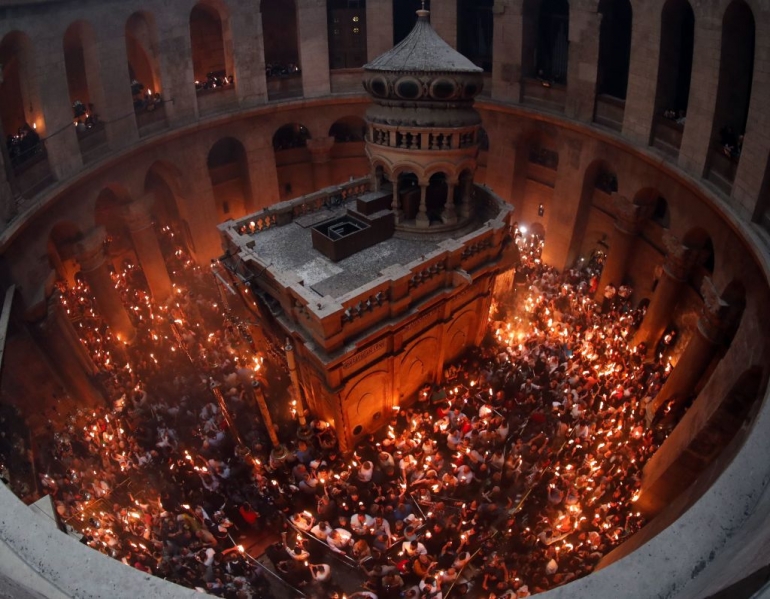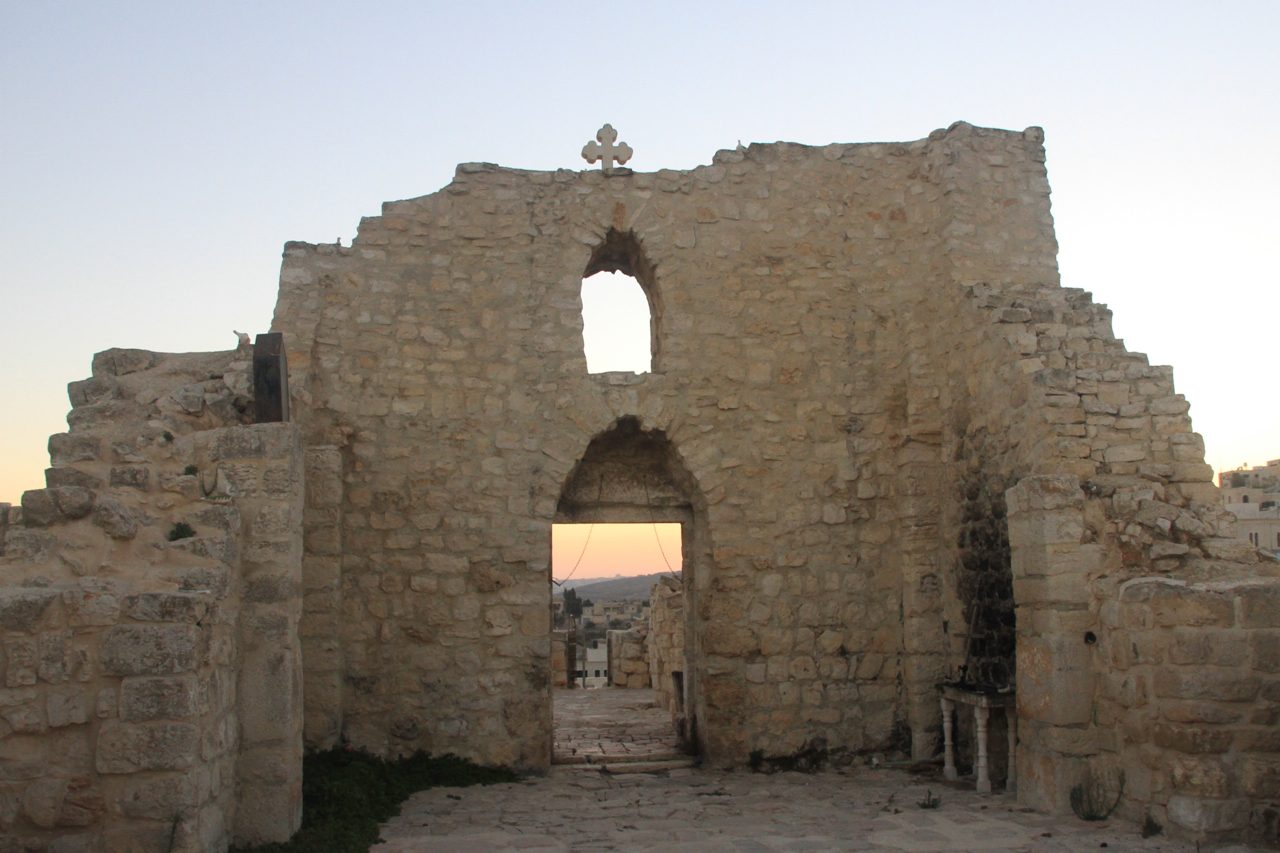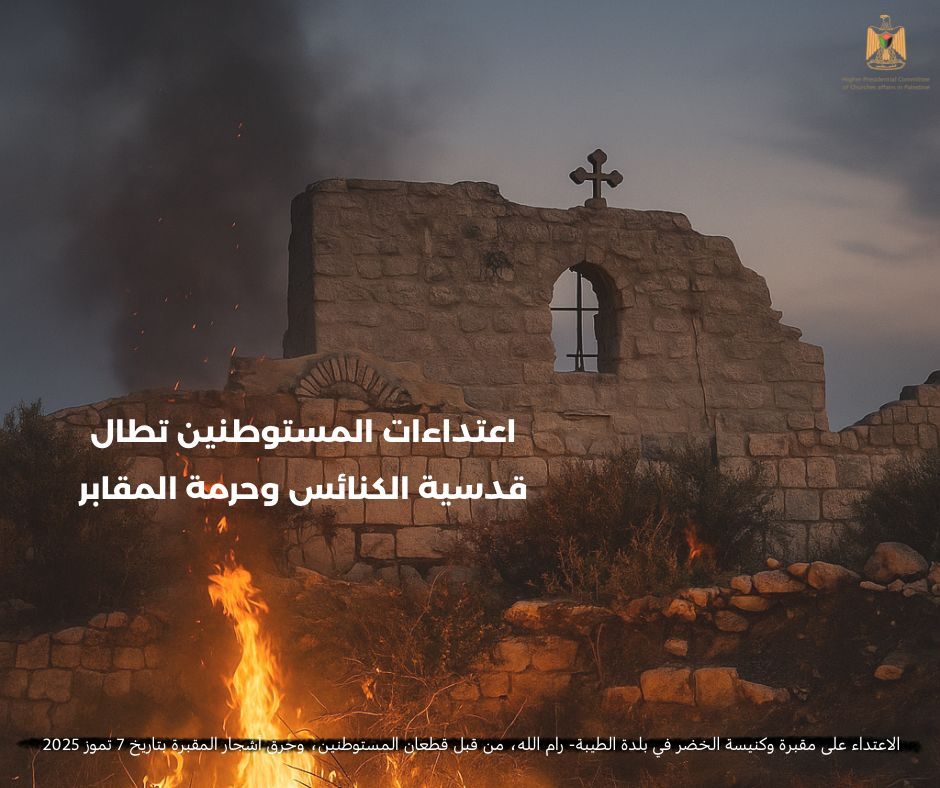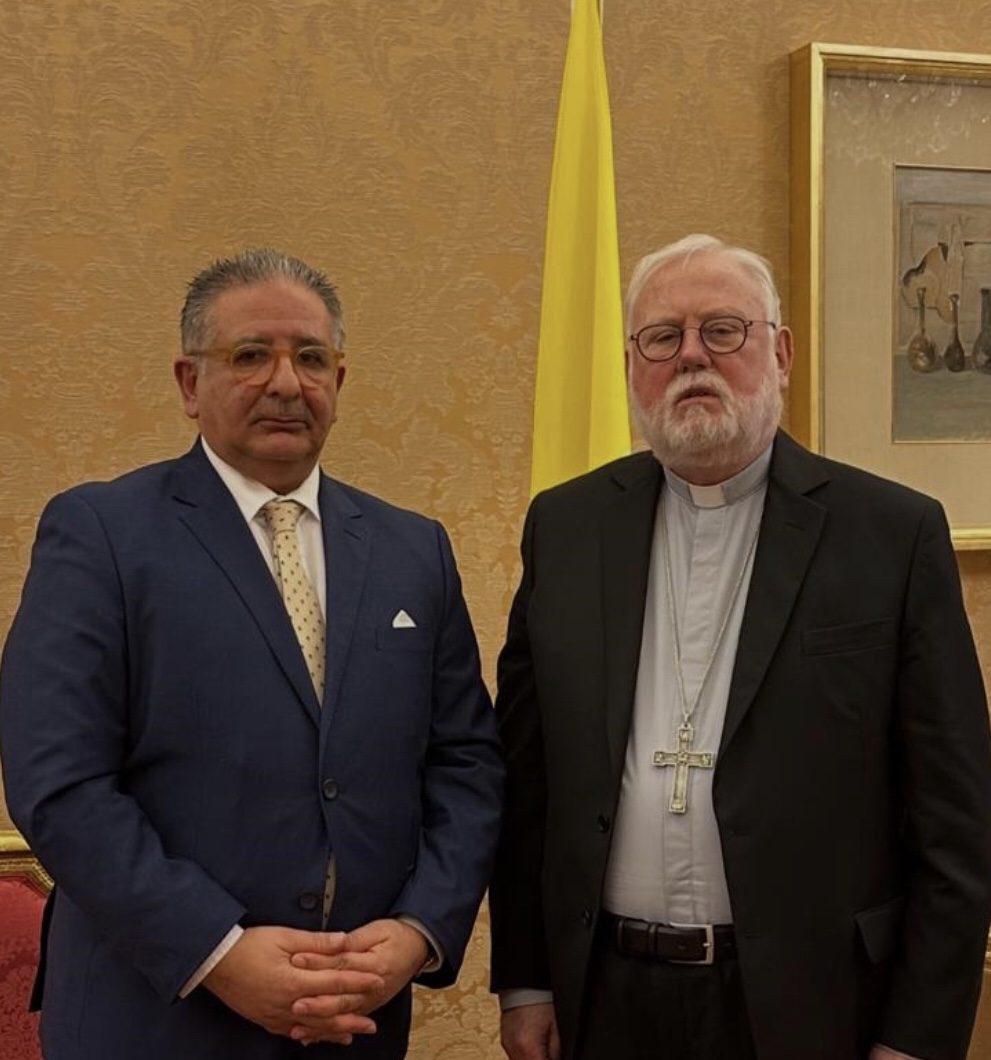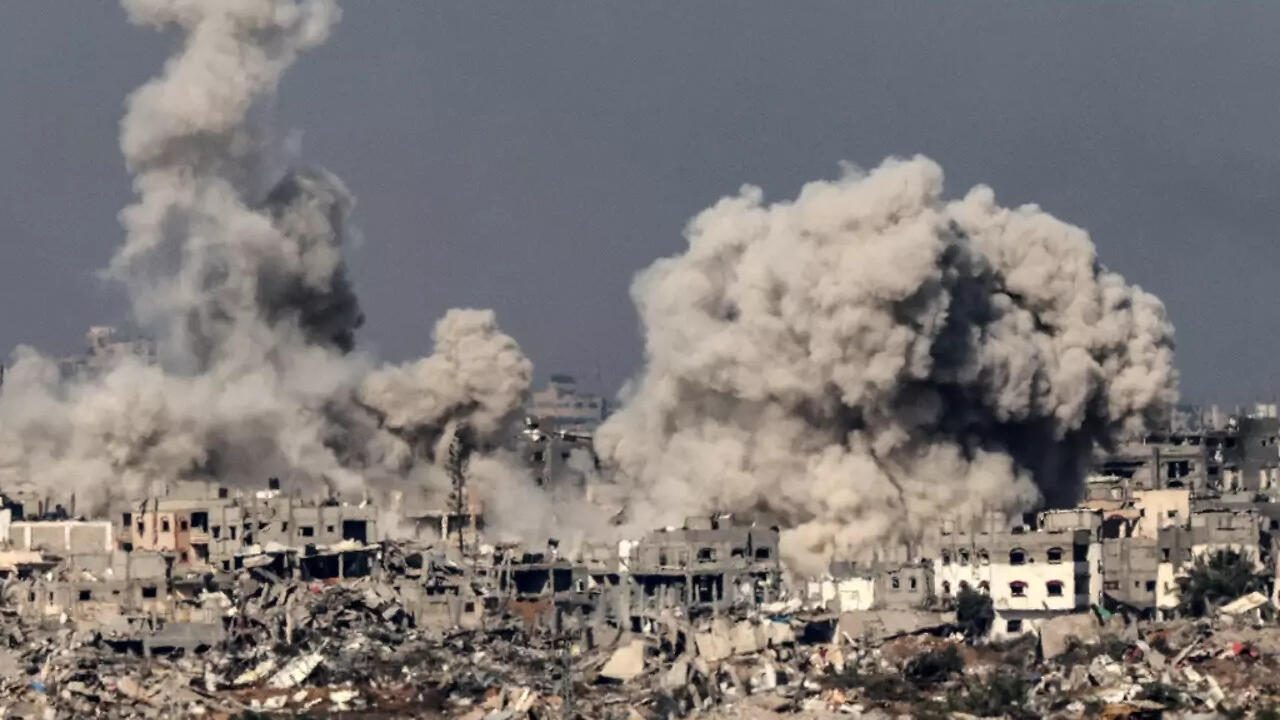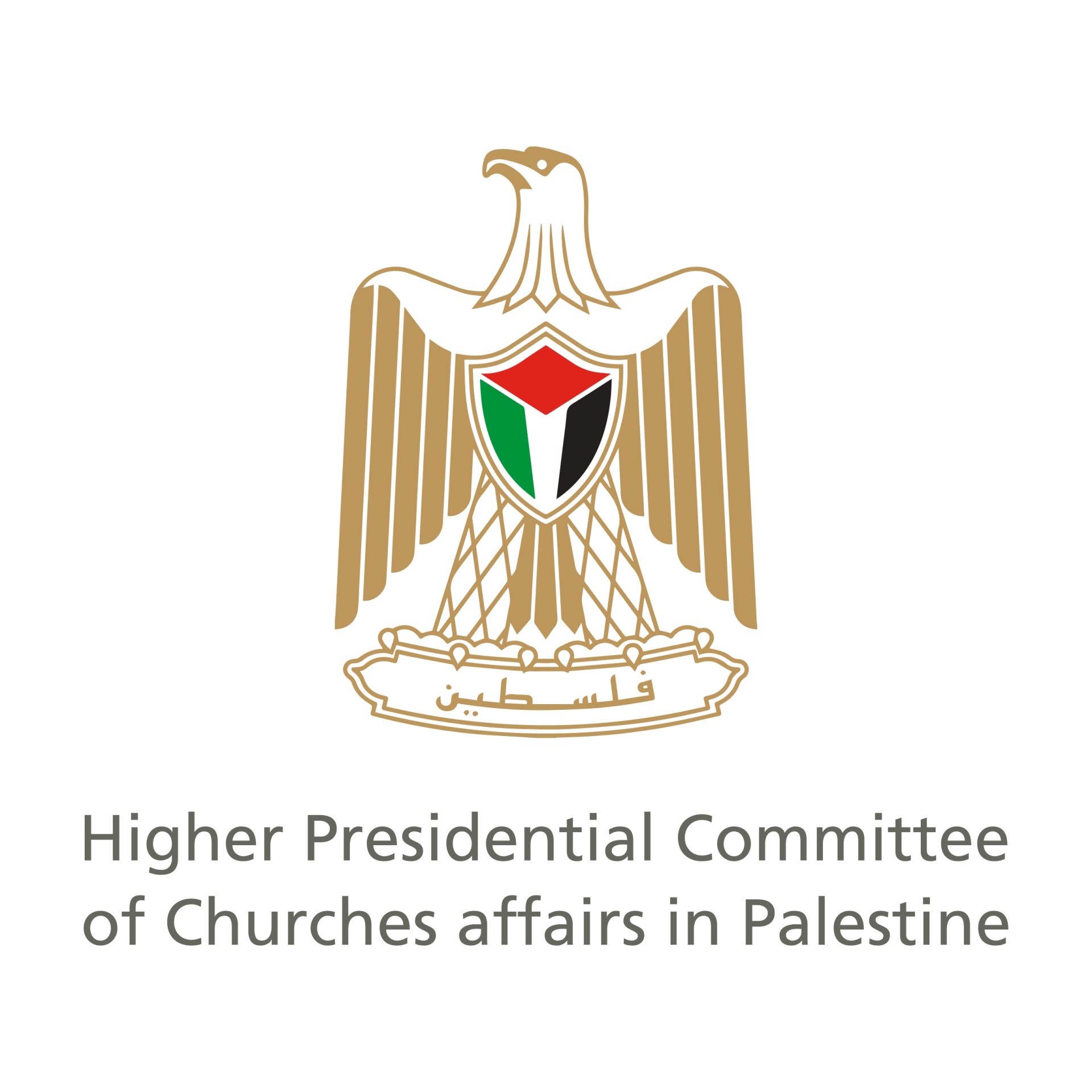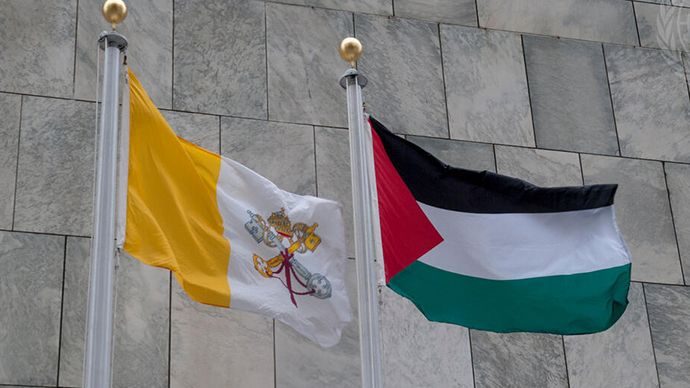The Higher Presidential Committee for Church Affairs in Palestine stated that the Israeli genocide unfolding in the Gaza Strip for over seven months has prevented Palestinian Muslims and Christians, from celebrating their religious and national holidays. “We cannot truly celebrate the sacred meaning of Christ’s resurrection and the Holy Fire ceremony, which symbolizes peace, love and joy, while our Palestinian women, children and the elderly are being killed, forcibly displaced and denied their most basic rights such as healthcare and food.” The Committee added.
This message came in a statement issued by member of the PLO Executive Committee and Head of the Higher Presidential Committee for Church Affairs in Palestine, Dr. Ramzi Khouri, who praised the decision of the Greek Orthodox Patriarchate of Jerusalem to limit Easter celebrations to religious rituals per the status quo arrangements in Jerusalem. The Holy Fire will be distributed to Churches in cities and villages without additional festivities.
The Committee emphasized that Israel’s atrocities in the Gaza Strip, the West Bank, including occupied Jerusalem are part of an Israeli plan to deny the Palestinian people their legitimate and inalienable rights to freedom and independence. The Committee highlighted the continued violent and deadly attacks of Israeli settler mobs on the Palestinian people and their properties.
The statement called upon churches and Christian institutions worldwide, who turn their attention to the Church of the Holy Sepulchre on Holy Saturday, to remember the suffering of the Palestinian people, who live under a brutal decade-long Israeli occupation. The Committee urged these groups to raise their voices and advocate for justice and demand an end to Israel’s ongoing genocide against our Palestinian people in Gaza.
Below is the translation of the original statement issued in Arabic by the Patriarchate:
Announcement from the Greek Orthodox Patriarchate of Jerusalem Regarding Easter Rites
“Father, let your will be done, not mine” (Luke 22/42)
As the Holy Week, the most sacred week in Christian life, approaches, we remember the events leading up to the crucifixion of Jesus Christ and his glorious resurrection.
The rituals of the Holy Week and Holy Saturday hold a special significance, as it unites believers in the light of Christ. The light, emanating from the Church of the Holy Sepulchre, has illuminated the world for nearly two millennia, attracting Christians from all over the globe.
Given the current situation in the Holy Land due to the ongoing war on Gaza, the Greek Orthodox Patriarchate of Jerusalem announces that Holy Saturday celebrations this year will be limited to the status quo arrangements in Jerusalem, as has been customary for centuries. In other areas, the Holy Fire will be distributed to Churches without additional festivities.
The current circumstances and deep sorrow that permeate the Holy Land underscore the need to share the pain of the victims of the war and allocate time for prayer and reflection on the spiritual significance of the Holy Week and Easter.
Jesus said to her, “I am the resurrection and the life. Whoever believes in me will live, even if he dies; and everyone who lives and believes in me will never die. (John 11:25-26)

